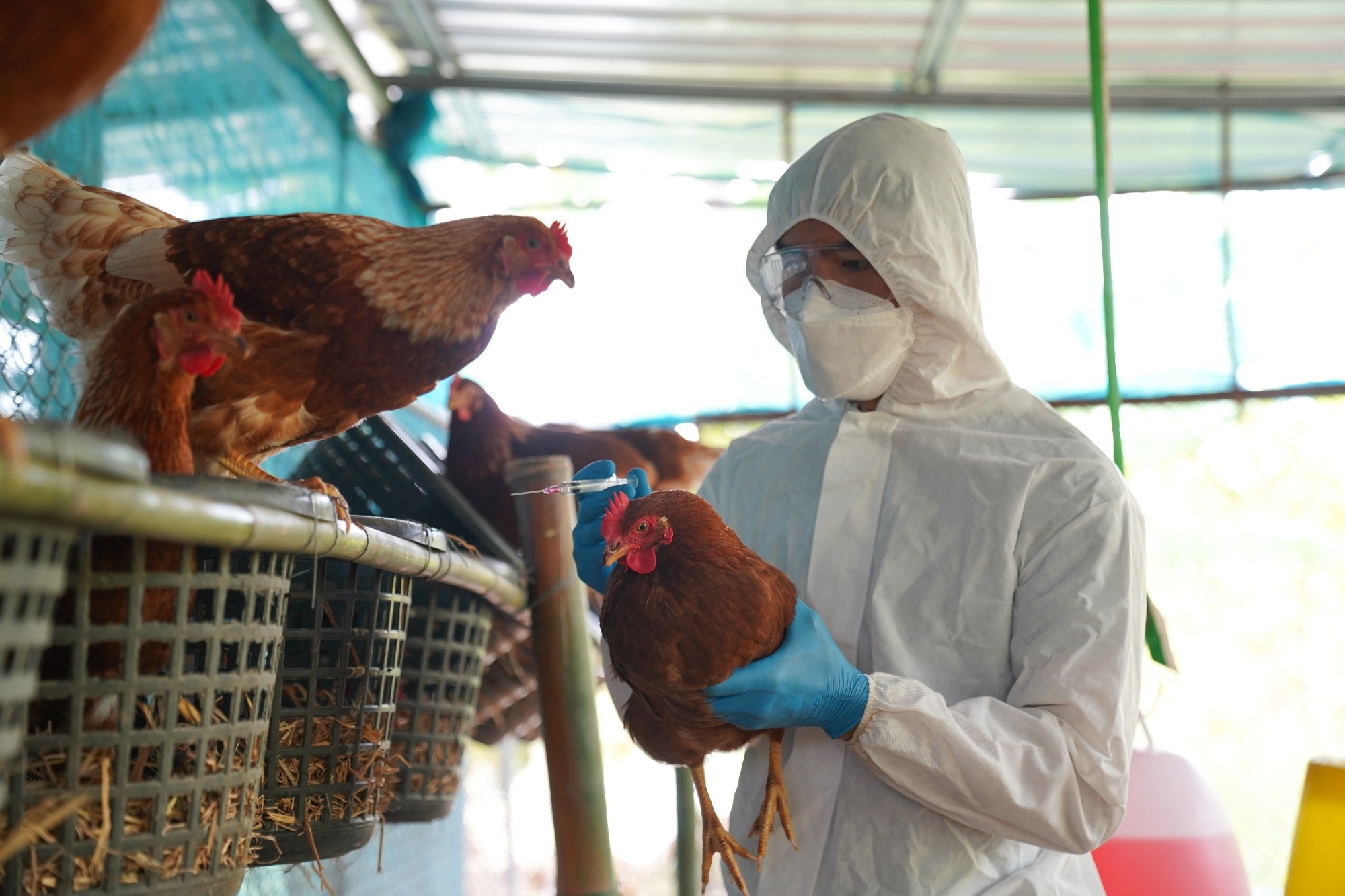 H5N2 Avian Influenza Virus (Bird Flu)
H5N2 Avian Influenza Virus (Bird Flu)
In Thailand, there have been no reported cases of bird flu in humans since 2006. However, the Department of Disease Control advises caution for people returning from areas where there has been an H5N2 outbreak. They recommend self-monitoring for unusual respiratory symptoms within 14 days of arrival and seeking medical attention promptly if any symptoms occur.
Dr Thongchai Keeratihattayakorn, Thailand’s disease control chief, assures that there have been no instances of avian flu in humans for over a decade. Nevertheless, authorities such as the Department of National Parks, Wildlife and Plant Conservation, and the Department of Livestock actively monitor animal outbreaks.
Dr Thongchai emphasizes the urgency of response procedures in the event of an outbreak. The Departments of Medical Sciences and Livestock have laboratory systems in place to test for the H5N2 viral strain. The World Health Organization (WHO) recently confirmed the first fatality from Avian Influenza A (H5N2). A 59-year-old man in Mexico passed away on April 24 due to respiratory difficulties, diarrhea, vomiting, and flu symptoms. It is worth noting that he had chronic kidney disease, diabetes, and high blood pressure, but had no contact with fowls.
The man’s neighborhood had experienced a bird flu outbreak in March, making him the first person in the world to contract the H5N2 strain. However, the WHO states that the risk to the general public from this specific virus is minimal. H5N2 primarily affects birds but can also infect humans. It is a subtype of the Influenza A virus and is highly contagious among poultry. While the virus rarely infects people, there is still a risk, especially for those in close contact with infected birds.
Birds infected with H5N2 can experience severe respiratory difficulties, leading to high mortality rates and significant economic losses in the poultry industry. Controlling epidemics involves removing diseased birds, quarantining affected areas, and implementing strict biosecurity measures. Vaccines are available, but their effectiveness may vary.
Public health officials closely monitor H5N2 due to its potential to evolve and cause a human pandemic. Understanding and treating this virus is crucial for both animal health and public safety. By staying vigilant and implementing preventive measures, we can minimize the risks associated with H5N2 avian influenza.

